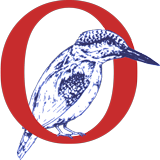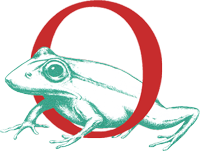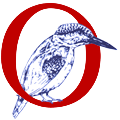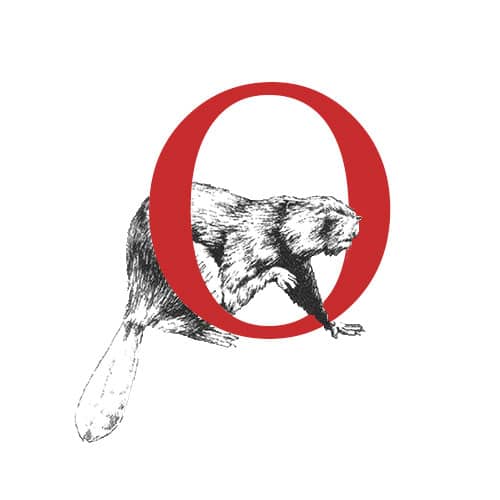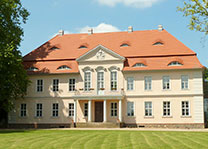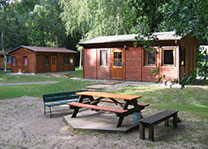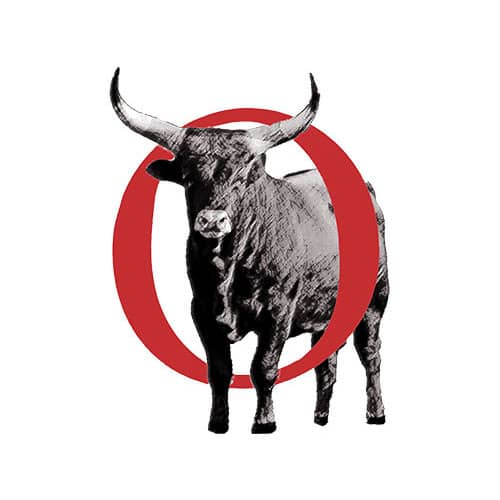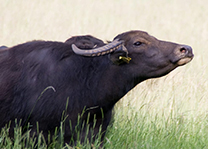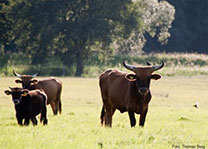Review and outlook 2014/2015
The past year 2014 was characterized by the implementation of the provisional property assignment as part of the company floor reorganization. With unnecessary hectic and many changes, the old contractual relationships had to be adapted in accordance with the new ownership structure. The association succeeded in doing this in a technically highly competent and noiseless manner. In addition to all sorts of disadvantages, the larger field blocks are also definitely an advantage when it comes to leasing and using. Most of the areas were leased to the previous users, albeit subject to nature conservation requirements.
One third of the grassland located in the national park is usually given to the tenants with the earliest possible use date of June 30th, one third by August 30th, if a corncrake or reed warbler has been detected, and one third with the obligation to mow and close these areas Clear or keep short grass by portion willow at the beginning of the breeding season of each year. The association is clearly placing the emphasis on species and biotope protection measures on the few remaining areas in Zone II of the national park, including on the 35 hectares of cone priority areas.
The association is primarily a nature conservation association. In 2014, he raised funds to create a new orchard meadow with old standard varieties on two hectares in the Barnim district in the spring of 2015, to set up nesting aids, for example for ospreys, and to support farmers in structuring their large fields through hedges and woods to protect them from erosion and at the same time to make a contribution to biodiversity.
For 2015, the association plans to take over the care of a neglected orchard meadow near Mescherin, later a rejuvenation and expansion is also planned. Orchards serve ecological diversity and provide very different habitats in a small space. But they require extensive maintenance. Thankfully, there are also members of the association and nature lovers on a voluntary basis. This is how it has to be, people in their homeland have to take responsibility for their environment in a decentralized manner and independently. The National Park Association provides the necessary assistance.
The association’s agricultural operation has been transferred to Öko Agrar GmbH Unteres Odertal, which has also taken over the “aurochs” breeding. Currently 63 cattle and 9 horses graze on 170 hectares in the Lunow-Stolper Polder. They are very well received by visitors and residents and the press is positive throughout Germany, which brings sympathy points for the Lower Oder Valley.
Before the district court of Frankfurt / Oder as an agricultural court, the district of Barnim (Agricultural Office) failed in 2013 with the attempt to exercise a right of first refusal vis-à-vis the association with the help of the Real Estate Transfer Act. The Agricultural Court overturned the refusal of the district administrator of the Barnim district of 08.08.2012, on the grounds that closer investigations had shown that there was no interested buyer at all who would have been willing and able to participate in a public tendering procedure from National Park Association to purchase the areas advertised publicly by the BVVG. The agricultural coöperative “Odertal” e. G. Lüdersdorf had only agreed to pay a significantly lower purchase price than one and a half times the expert market value. This means that the agricultural land remains in the possession of the National Park Association and can be entered as property in the land register. The Barnim district has waived a possible complaint, probably because of the obvious hopelessness.
In the future, the association will concentrate on its nature conservation tasks. The environmental education is taken over by the Internationalpark Unteres Odertal GmbH (Brandenburg Academy “Schloss Criewen”, wilderness school and national park laboratory Teerofenbrücke), the organic agriculture by the Öko Agrar GmbH Unteres Odertal.
The National Park Association will continue to work with other nature conservation-oriented associations and foundations. As early as 2013, he concluded new partnerships and raised funding.
Thomas Berg
CEO
